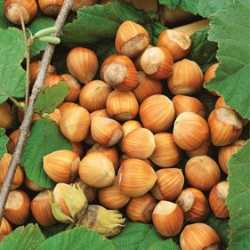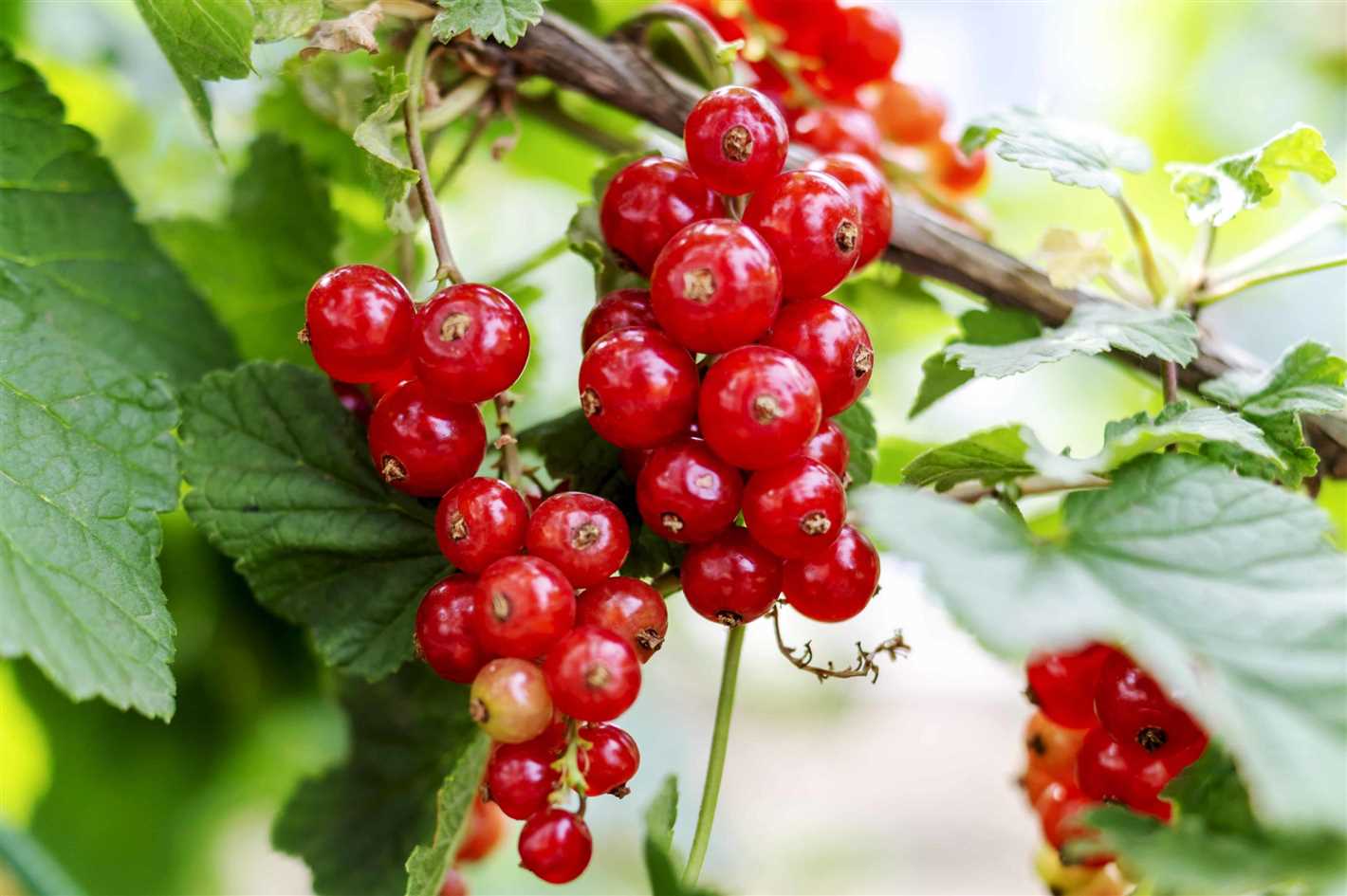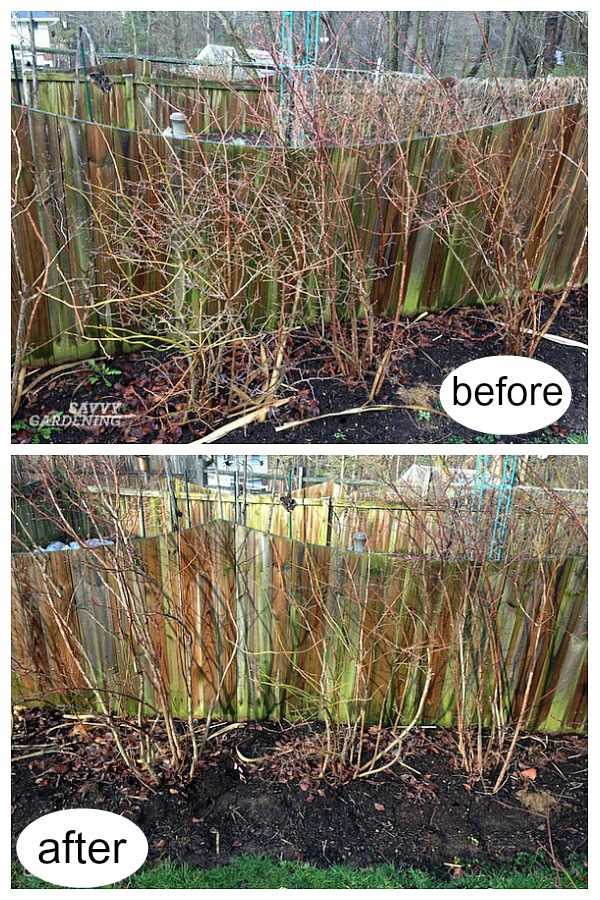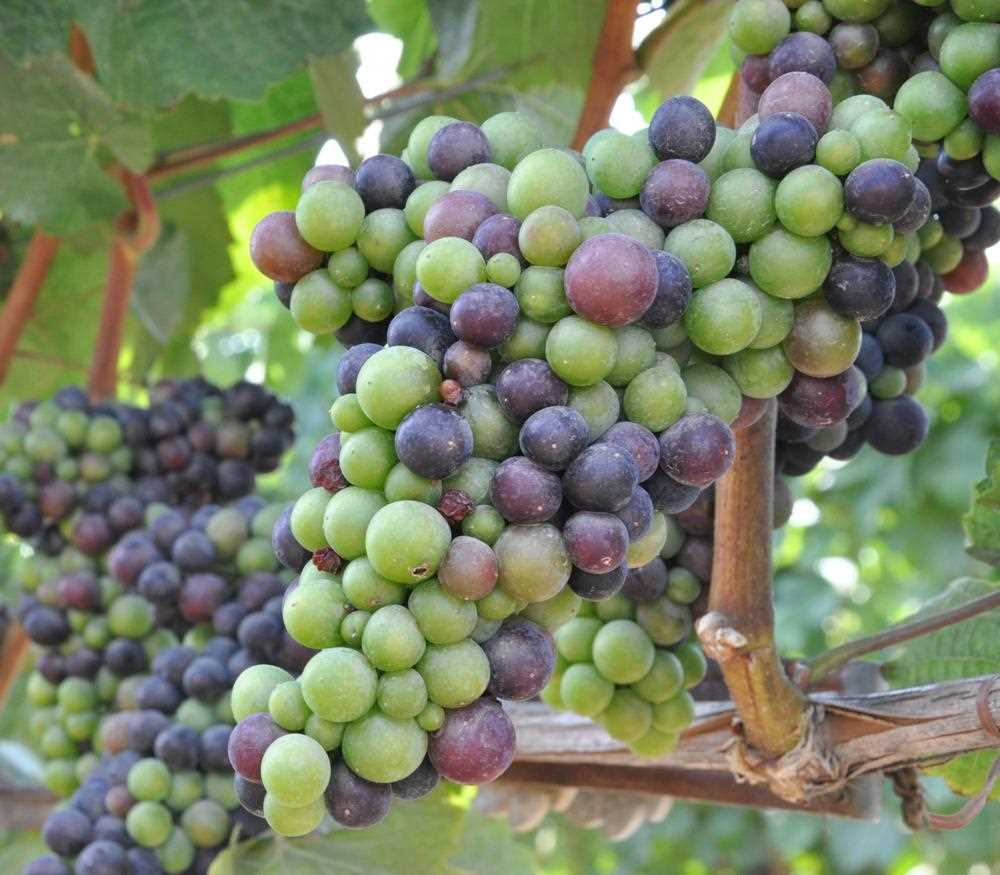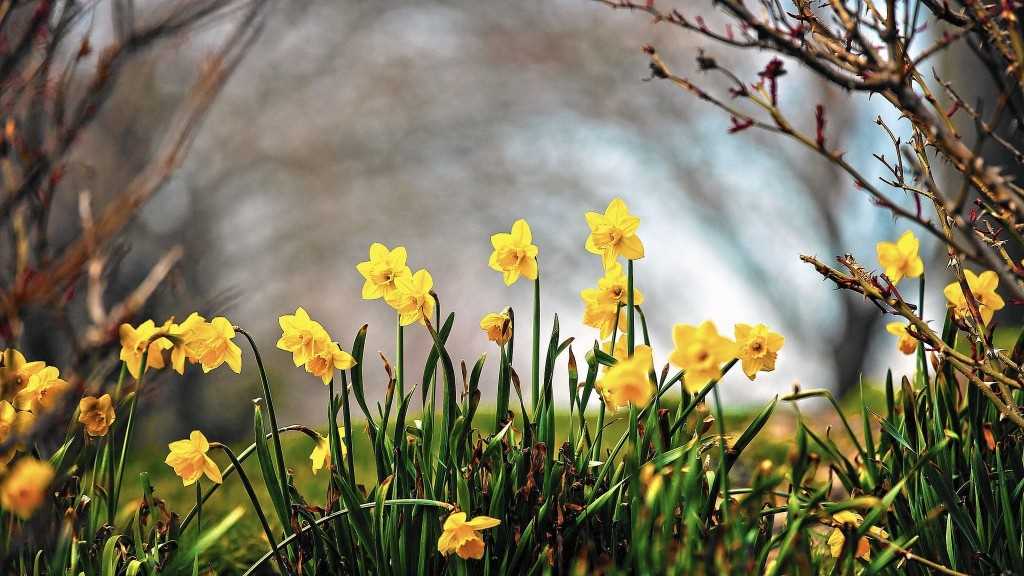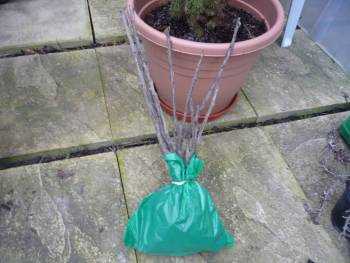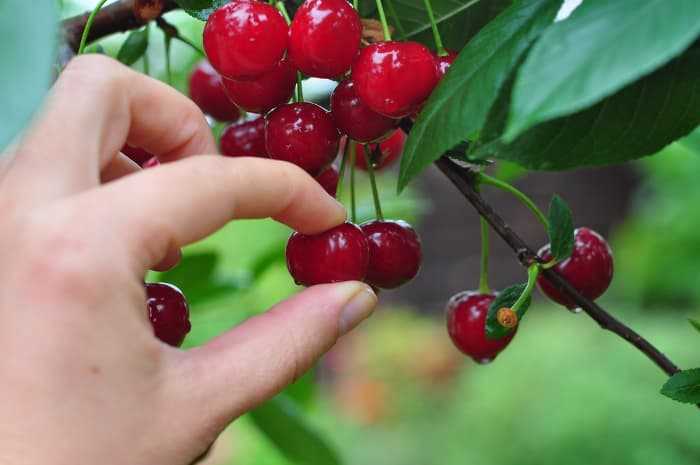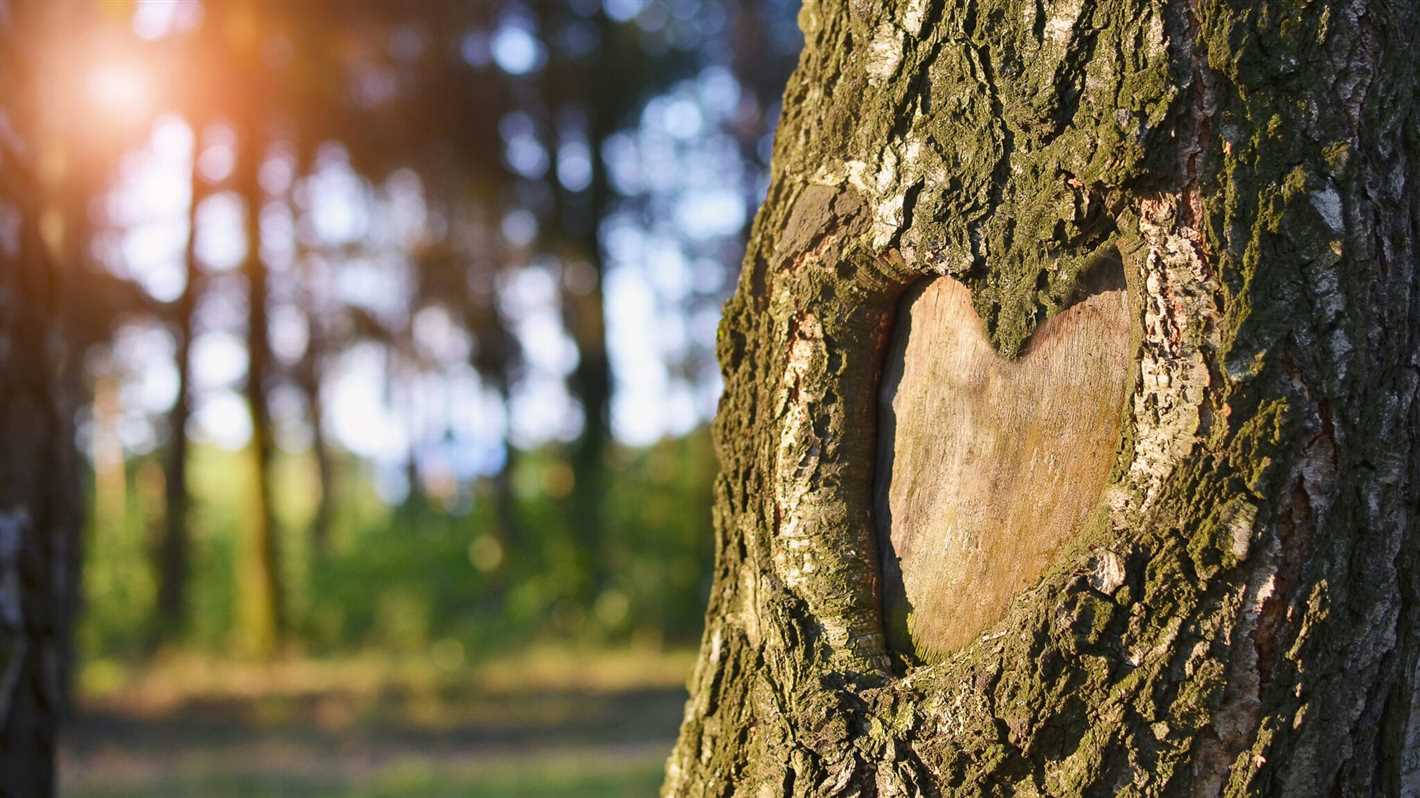- Aphid Remedies:
- 1. Ladybugs:
- 2. Lacewings:
- 3. Neem oil:
- 4. Soap and water spray:
- 5. Beneficial nematodes:
- Conclusion:
- Go Chemical-Free
- 1. Ladybugs
- 2. Neem Oil
- 3. Soap Spray
- 4. Garlic Spray
- 5. Beneficial Nematodes
- Conclusion
- Biological Preparations for Controlling Aphids
- 1. Ladybugs (Coccinellidae)
- 2. Lacewings (Chrysopidae)
- 3. Aphidius wasps (Aphidiidae)
- 4. Fungus pathogens
- 5. Neem oil
- Harmful Effects of Chemical Remedies
- Benefits of Biological Preparations
- Ladybugs: Natural Aphid Predators
- Parasitic Wasps: Controlling Aphid Populations
- What are parasitic wasps?
- How do parasitic wasps control aphid populations?
- Advantages of using parasitic wasps for aphid control
- Neem Oil: A Natural Aphid Repellent
- How Neem Oil Works
- Applying Neem Oil
- Benefits of Neem Oil
- Conclusion
- Companion Planting: Deter Aphids with Other Plants
- Choosing the Right Companion Plants
- Planting Strategies
- Additional Benefits of Companion Planting
- Question-answer:
- What are aphids?
- Are aphids harmful to plants?
- What are some chemical-free remedies for aphids?
- How do beneficial insects help control aphids?
- What are the advantages of using biological preparations instead of chemical pesticides?
- Video: This Organic Pest Control Remedy Is A SCAM! 3 Natural Insecticides That WORK And One That DOESN’T!
Aphids are small insects that can cause extensive damage to plants by sucking sap from their leaves and stems. These pests reproduce rapidly and can quickly infest an entire garden or crop. Traditionally, many gardeners have turned to chemical pesticides to combat aphids. However, these chemical solutions can be harmful to the environment, beneficial insects, and even humans. Thankfully, there are biological preparations that can effectively control aphid populations without the need for harmful chemicals.
One great biological remedy for aphids is the use of ladybugs. These adorable beetles are natural predators of aphids and can consume large numbers of them. Ladybugs can be purchased and released into a garden or crop, or you can attract them by providing habitats such as flowering plants and artificial ladybug houses. By introducing ladybugs into the ecosystem, you can establish a natural balance and effectively control aphid populations.
Another effective biological remedy for aphids is neem oil. Derived from the seeds of the neem tree, neem oil is a natural insecticide that repels and kills aphids. It works by disrupting the hormones and feeding patterns of the insects, ultimately causing their demise. Neem oil is safe for humans, animals, and beneficial insects, making it an ideal choice for organic gardening. To use neem oil, simply dilute it with water according to the instructions and spray it directly onto the affected plants.
“By using biological preparations to control aphids, you can maintain a healthy and chemical-free garden.”
In addition to ladybugs and neem oil, there are several other biological preparations that can effectively combat aphids. These include garlic spray, which repels aphids with its strong odor, and predatory insects such as lacewings and hoverflies, which feed on aphids and their eggs. You can also introduce companion plants, such as marigolds and nasturtiums, which naturally repel aphids and other pests.
Overall, by utilizing these biological preparations, you can effectively control aphid populations without the use of harmful chemicals. This not only helps protect the environment and beneficial insects, but also ensures the health and well-being of your plants. So, why rely on chemical pesticides when you can go chemical-free with biological remedies?
Aphid Remedies:
Aphids, also known as plant lice, are small insects that feed on the sap of plants and cause damage to leaves, stems, and buds. They can quickly multiply and infest your garden, turning your beautiful plants into a thriving aphid colony. However, you don’t have to resort to harsh chemical pesticides to eliminate aphids. There are several biological preparations that can help you control aphids naturally, without harming beneficial insects or pollinators.
1. Ladybugs:
Ladybugs are one of the best natural predators of aphids. They feed on aphids, larvae, and eggs, and can significantly reduce their population in your garden. You can encourage ladybugs to visit your garden by planting flowers that attract them, such as daisies, marigolds, and fennel. Alternatively, you can purchase live ladybugs from a local garden store and release them into your garden.
2. Lacewings:
Lacewings are another beneficial insect that feeds on aphids. Their larvae are voracious predators and can consume a large number of aphids in a short period of time. You can attract lacewings to your garden by planting flowers that produce nectar, such as sunflowers and cosmos. You can also purchase lacewing eggs or larvae online and release them in your garden to control aphids.
3. Neem oil:
Neem oil is a natural insecticide that is derived from the seeds of the neem tree. It has both insecticidal and repellent properties and can effectively control aphids. Mix 2 tablespoons of neem oil with 1 gallon of water and spray the mixture on the infested plants. Make sure to spray both the upper and lower surfaces of the leaves to cover all the aphids. Repeat the application every 7 to 14 days until the aphids are under control.
4. Soap and water spray:
A simple homemade remedy for aphids is a soap and water spray. Mix 1 teaspoon of mild liquid soap with 1 liter of water and spray the mixture on the infested plants. The soap helps to suffocate the aphids while the water washes them away. Repeat the application every 3 to 5 days until the aphids are eliminated.
5. Beneficial nematodes:
Beneficial nematodes are microscopic worms that feed on aphids and other soil-dwelling pests. They can be applied to the soil in your garden and will seek out aphid larvae and pupae to feed on them. You can purchase beneficial nematodes online or from a garden store and apply them according to the instructions on the package.
Conclusion:
When it comes to aphid control, biological preparations can be just as effective as chemical pesticides, but without the harmful impact on the environment. By attracting beneficial insects, using natural sprays, and applying beneficial nematodes, you can control aphids in your garden in an eco-friendly way. So, say goodbye to chemical pesticides and embrace a chemical-free approach to aphid control!
Go Chemical-Free
Aphids are a common garden pest that can cause significant damage to plants. Many gardeners resort to chemical pesticides to control aphid populations, but these can have negative effects on the environment and beneficial insects.
Fortunately, there are several effective biological preparations that can help you control aphids without resorting to chemicals. These natural solutions are safer for you, your plants, and the environment.
1. Ladybugs
Ladybugs, also known as ladybirds, are natural predators of aphids. These colorful insects feed on aphids and can help keep their populations in check. By releasing ladybugs in your garden, you can create a natural balance and reduce the need for pesticides.
Note: Make sure to release ladybugs in the early evening or on a cloudy day, as they are less likely to fly away during these times.
2. Neem Oil
Neem oil is an organic and biodegradable oil derived from the neem tree. It has insecticidal properties and can be an effective treatment for aphids. Mix neem oil with water according to the manufacturer’s instructions and spray it on the affected plants. The oil suffocates the aphids and disrupts their reproductive cycle.
3. Soap Spray
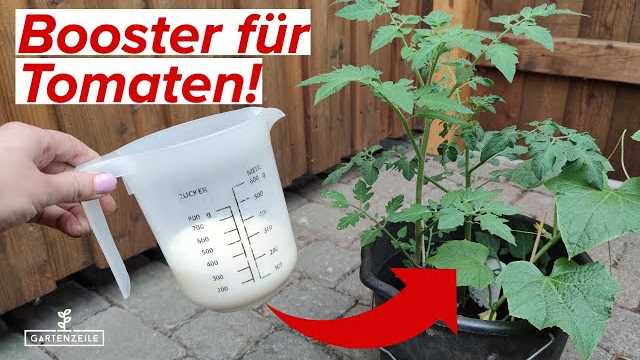
A homemade soap spray can be a simple and effective way to control aphid infestations. Mix 1-2 tablespoons of liquid dish soap with 1 quart of water and spray it on the affected plants. The soap coats the aphids’ bodies and suffocates them. Be sure to cover both sides of the leaves and repeat the treatment every few days until the aphids are under control.
4. Garlic Spray
Garlic has natural insecticidal properties and can help repel aphids. To make a garlic spray, crush a few cloves of garlic and steep them in water overnight. Strain the mixture and add a few drops of liquid dish soap. Spray the solution on the affected plants to repel aphids. Reapply the spray every few days until the aphids are gone.
5. Beneficial Nematodes
Beneficial nematodes are microscopic worms that can help control aphids and other pests in the soil. These nematodes enter the bodies of aphids and release bacteria that kill them. You can buy beneficial nematodes from garden centers or online. Follow the instructions for application, as different nematode species have different requirements.
Conclusion
By utilizing these chemical-free biological preparations, you can effectively control aphids and protect your garden without harming the environment. Experiment with different methods to find what works best for your plants and enjoy a pesticide-free garden.
Biological Preparations for Controlling Aphids
Aphids, also known as plant lice, can cause significant damage to plants and crops. While chemical pesticides are commonly used to control aphids, biological preparations offer a chemical-free alternative for managing these pests. Biological preparations make use of natural predators, parasites, or pathogens to control aphid populations, ensuring a more sustainable and environmentally-friendly approach.
1. Ladybugs (Coccinellidae)
Ladybugs are well-known predators of aphids. These small beetles feed on aphids and can consume large quantities of them in a short period. Introducing ladybugs to aphid-infested areas can help to control the population and prevent further damage to plants.
2. Lacewings (Chrysopidae)
Lacewings are another beneficial insect that feeds on aphids. The larvae of these insects are particularly voracious and can consume a large number of aphids each day. Lacewings can be introduced to gardens or agricultural fields to help manage aphid populations naturally.
3. Aphidius wasps (Aphidiidae)
Aphidius wasps are parasitic insects that lay their eggs inside aphids. As the wasp larvae develop, they consume the aphid from within, eventually killing it. These wasps are valuable natural enemies of aphids and can be released in infested areas to control the population.
4. Fungus pathogens
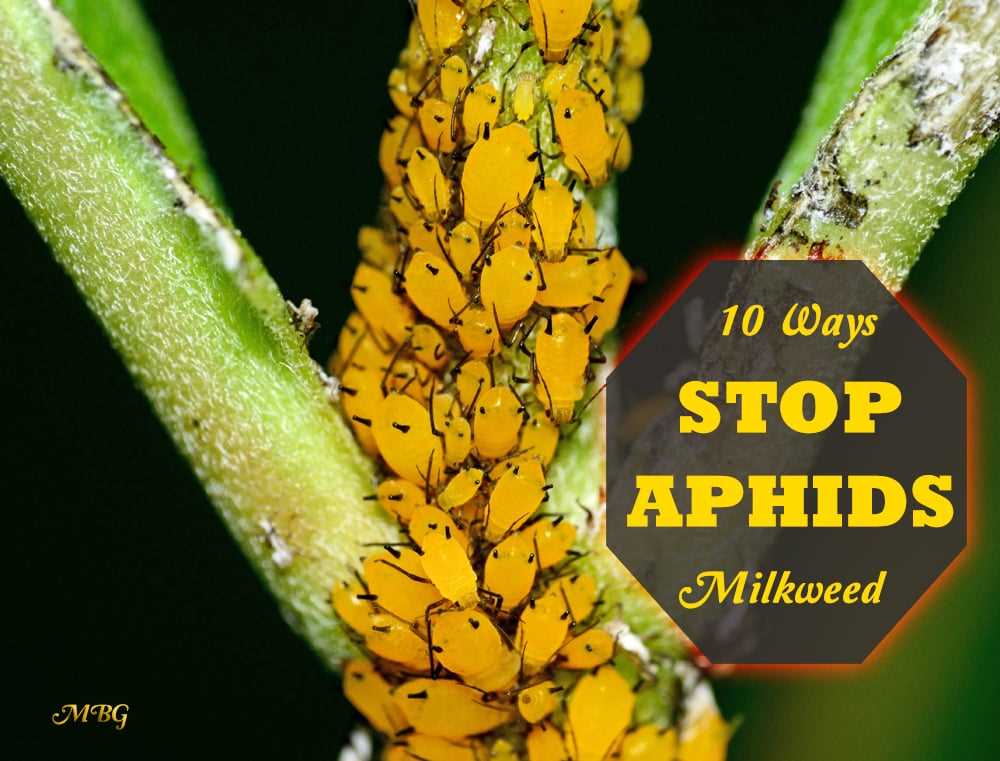
Certain species of fungi, such as Beauveria bassiana and Metarhizium anisopliae, are natural pathogens of aphids. These fungi infect aphids and cause their eventual death. They can be used as biological preparations by spraying infected aphids or applying fungal spores to affected plants.
5. Neem oil
Neem oil, derived from the neem tree, has insecticidal properties and can be used as a natural remedy for aphids. Neem oil disrupts the feeding and reproductive systems of aphids, ultimately leading to their demise. Diluted neem oil can be applied to plants to control aphid populations.
| Biological Preparation | Advantages | Limitations |
|---|---|---|
| Ladybugs | Effective predators, can consume large quantities of aphids | May fly away if food sources are depleted or unavailable |
| Lacewings | Both adults and larvae feed on aphids, voracious predators | Can be sensitive to pesticides |
| Aphidius wasps | Parasitize aphids from within, effective control method | May require multiple releases for complete control |
| Fungus pathogens | Provide long-lasting control, especially under favorable conditions | Dependent on weather conditions for efficacy |
| Neem oil | Non-toxic to humans and beneficial insects, versatile use on various plants | May require repeated applications for sustained control |
By utilizing these biological preparations, it is possible to effectively manage aphid populations while minimizing the use of chemical pesticides. Implementing these natural methods promotes a healthier and more balanced ecosystem, ensuring the long-term sustainability of plants and crops.
Harmful Effects of Chemical Remedies
While chemical remedies may provide a quick solution to aphid infestations, they can have harmful effects on both humans and the environment. Here are some of the reasons why chemical remedies should be avoided:
- Health Risks: Many chemical pesticides contain toxic ingredients that can be harmful to human health. Exposure to these chemicals can cause skin irritation, respiratory problems, and even long-term health issues such as cancer.
- Environmental Damage: Chemical pesticides can have a negative impact on the environment. They can contaminate soil, water sources, and kill off beneficial insects and organisms, disrupting the natural balance of ecosystems. Additionally, these chemicals can remain in the environment for long periods, posing a threat to wildlife and plants.
- Pesticide Resistance: Over time, repeated use of chemical remedies can lead to the development of pesticide-resistant aphids. This means that the effectiveness of these chemicals diminishes over time, requiring the use of even stronger and potentially more harmful pesticides to control infestations.
- Non-Target Organism Harm: Chemical pesticides do not discriminate between pests and beneficial organisms. They can harm pollinators such as bees and butterflies, as well as other beneficial insects and animals that play a crucial role in maintaining a healthy ecosystem.
Given the potential risks associated with chemical remedies, it is advisable to explore alternative, biological preparations that are safe for humans and the environment. These biological methods can effectively control aphid infestations while promoting ecological balance and biodiversity.
Benefits of Biological Preparations
Biological preparations offer numerous benefits when it comes to dealing with aphids and other pests in your garden. Here are some key advantages of using biological preparations:
- Environmentally Friendly: Unlike chemical insecticides, biological preparations are environmentally friendly. They are derived from natural sources and do not contain harmful synthetic chemicals. This means that you can protect your plants from aphids without causing any harm to the environment.
- Safe for Beneficial Insects: Biological preparations specifically target the harmful pests like aphids while sparing beneficial insects such as ladybugs, lacewings, and bees. This allows you to maintain a balanced ecosystem in your garden and avoid harming the creatures that are beneficial for your plants.
- Targeted Action: Biological preparations have a targeted action on pests, including aphids. They contain specific organisms or substances that are known to attack and kill aphids but have minimal impact on other organisms. This ensures that you are effectively dealing with the aphids without affecting the overall health of your garden.
- Long-lasting Effects: Biological preparations often have long-lasting effects, providing ongoing protection against aphids. This is because they typically contain live organisms that multiply and continue to control the pest population over time. As a result, you can enjoy the benefits of aphid control for an extended period without the need for frequent applications.
- Resistant Prevention: Some biological preparations can also help prevent aphid infestations by boosting the natural defenses of your plants. They can stimulate the plant’s immune system, making it less attractive to aphids and other pests. By using biological preparations preventively, you can reduce the risk of aphid damage to your plants.
Overall, choosing biological preparations for aphid control offers a range of benefits, from environmental friendliness and targeted action to long-lasting effects and resistant prevention. By going chemical-free with biological preparations, you can effectively deal with aphids while promoting a healthy and sustainable garden.
Ladybugs: Natural Aphid Predators
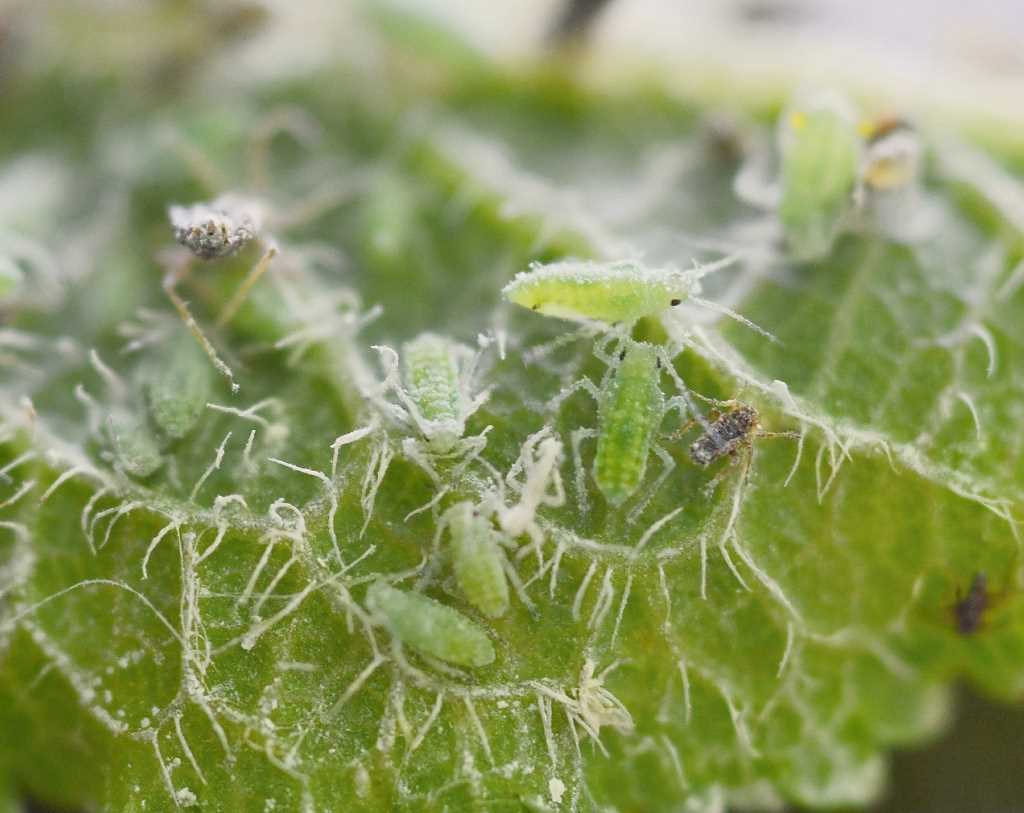
Ladybugs, also known as ladybirds or lady beetles, are small insects that are widely recognized for their bright colors and distinctive spots. These beneficial insects are not only aesthetically pleasing but also play a crucial role in natural pest control. Ladybugs are known to be effective predators of aphids, a common garden pest that can cause significant damage to plants.
Identification and Lifecycle
Ladybugs belong to the family Coccinellidae and there are over 5,000 species worldwide. Most ladybugs are oval or rounded in shape and have short legs. Their colors can range from bright red or orange to yellow, with black spots or markings. Ladybugs go through a complete metamorphosis, with four distinct life stages: egg, larva, pupa, and adult.
Aphid Predation
Ladybugs are voracious predators of aphids and other soft-bodied insects. They feed on aphids at all stages of their life cycle, including the eggs, nymphs, and adults. Ladybugs use their piercing mouthparts to extract the body fluids of aphids, ultimately causing their death. A single ladybug is capable of consuming hundreds of aphids in a day, making them invaluable for natural aphid control in gardens and farms.
Attracting Ladybugs to Your Garden
If you want to encourage ladybugs to visit your garden and help control aphid populations, there are several steps you can take:
- Plant flowers that attract ladybugs, such as daisies, marigolds, and yarrow. These flowers provide a source of nectar and pollen, which is an important food source for adult ladybugs.
- Provide shelter for ladybugs by creating a diverse and balanced garden. This can include leaving some leaf litter, providing mulch, and planting a variety of vegetation.
- Avoid using pesticides and other chemical treatments in your garden, as these can harm ladybugs and other beneficial insects.
Buying Ladybugs for Aphid Control
If you are dealing with a severe aphid infestation and want to introduce ladybugs into your garden, you can purchase them from reputable suppliers. Ladybugs are often sold in containers or mesh bags, and they can be released directly onto the affected plants. It is important to release ladybugs in the evening or early morning, as they are more likely to stay in the area if introduced during these times.
Conclusion
Ladybugs are natural predators of aphids and can provide effective and chemical-free control of these pests in gardens and farms. By attracting ladybugs to your garden or introducing them when necessary, you can harness the power of these beneficial insects and reduce the need for harmful chemical treatments.
Parasitic Wasps: Controlling Aphid Populations
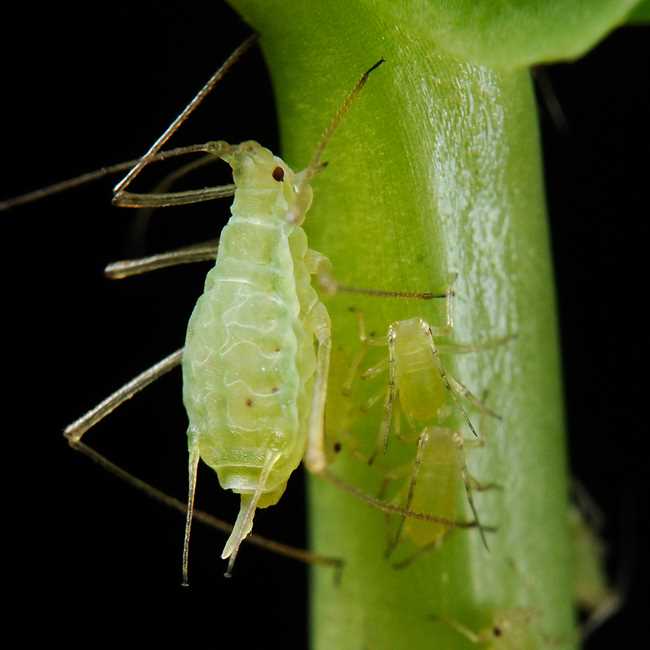
Aphids are a common pest in gardens and agricultural crops, causing damage to plants by feeding on their sap and spreading diseases. While chemical pesticides can be used to control aphid populations, they can have harmful effects on the environment and other beneficial insects. A more sustainable and environmentally friendly option is to use biological preparations, such as parasitic wasps, to control aphids naturally.
What are parasitic wasps?
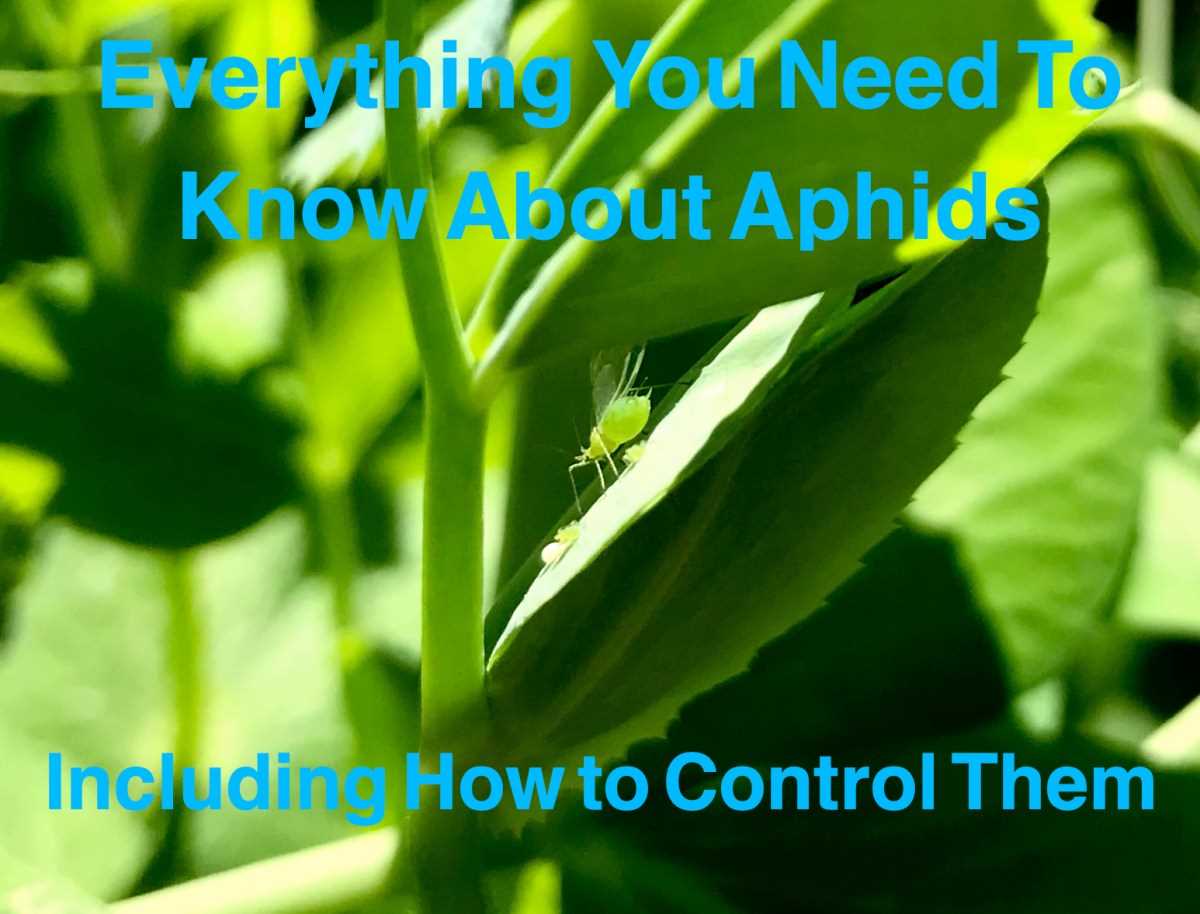
Parasitic wasps are a type of beneficial insect that can be used as a natural predator for aphids. They are small, non-stinging wasps that lay their eggs inside aphids. When the eggs hatch, the wasp larvae feed on the aphids, eventually killing them. This method of controlling aphids is known as biological control.
How do parasitic wasps control aphid populations?
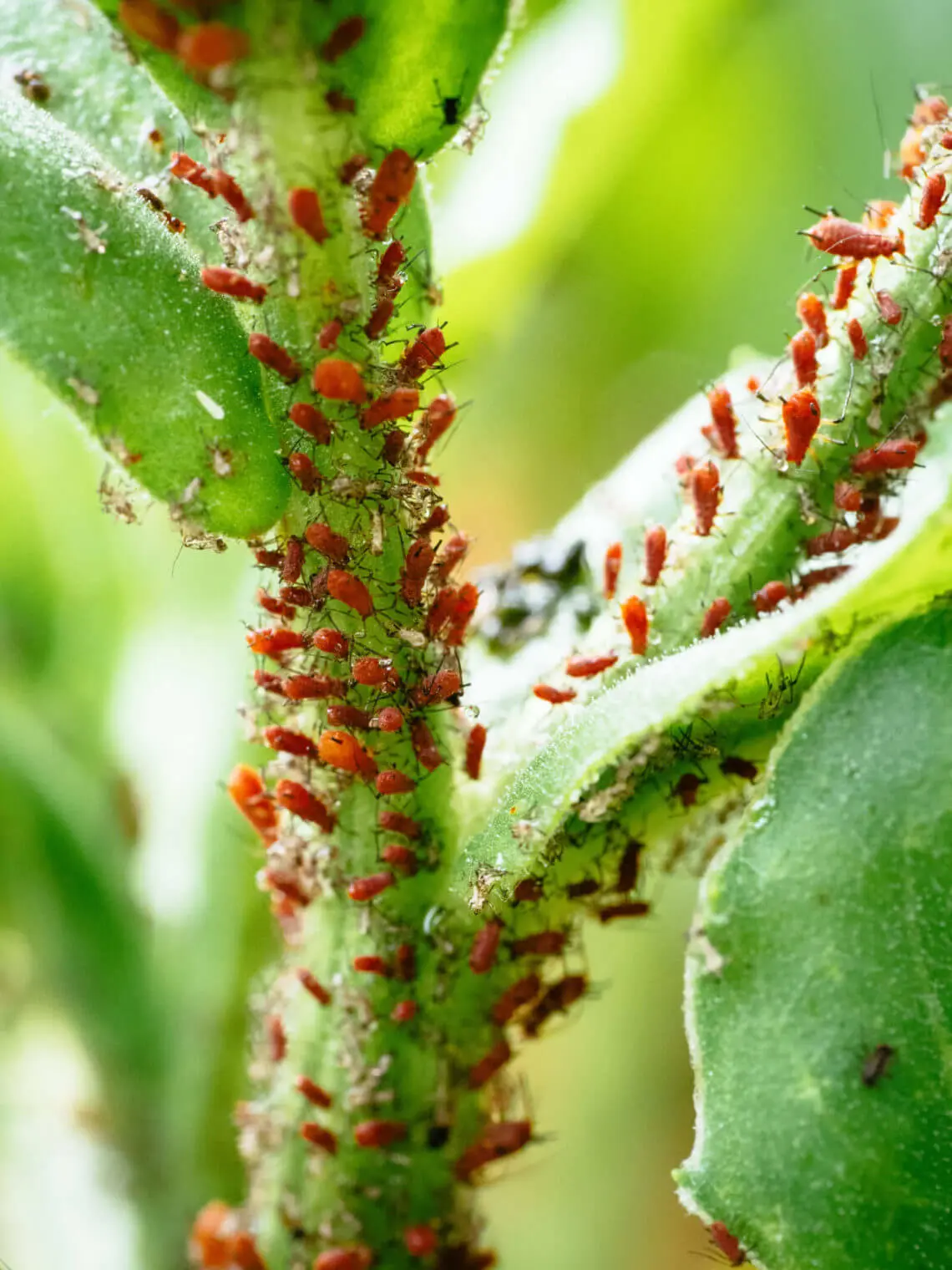
Parasitic wasps are attracted to plants infested with aphids by the chemical signals emitted by the aphids themselves. Once they locate an aphid colony, the female wasp will use her ovipositor to lay her eggs inside the aphids. The parasitic wasp larvae then develop inside the aphids, feeding on their internal fluids. As the larvae grow, they cause damage to the aphids, eventually killing them.
After the wasp larvae have finished feeding on the aphids, they pupate within the aphid mummies. The adult wasps then emerge from the mummies, ready to continue the cycle by laying their own eggs inside more aphids.
Advantages of using parasitic wasps for aphid control
- Effective: Parasitic wasps are highly efficient at controlling aphid populations. One female wasp can lay hundreds of eggs, and each egg has the potential to kill multiple aphids.
- Targeted predator: Unlike chemical pesticides, parasitic wasps only target aphids and do not harm other beneficial insects or pollinators.
- Sustainable: Using parasitic wasps as a biological control method is a sustainable solution that does not harm the environment or leave harmful residues on plants.
- Cost-effective: Once introduced into the garden, parasitic wasps can establish themselves and continue to control aphid populations without the need for additional applications or treatments.
Conclusion: Using parasitic wasps as a biological control method can be an effective and environmentally friendly way to manage aphid populations. By harnessing the natural predatory behavior of these beneficial insects, gardeners and farmers can reduce their reliance on chemical pesticides and promote a more sustainable approach to pest control.
Neem Oil: A Natural Aphid Repellent
Neem oil is a natural insecticide that has been used for centuries to control pests, including aphids. It is derived from the neem tree, which is native to India and has many medicinal properties.
How Neem Oil Works
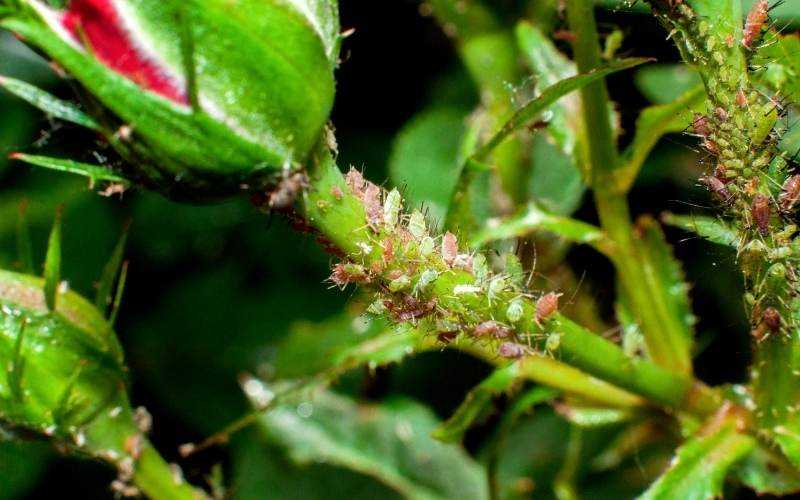
Neem oil contains azadirachtin, a compound that disrupts the hormonal system of insects, including aphids. When aphids come into contact with neem oil, it interferes with their feeding and reproductive abilities, ultimately leading to their demise.
Furthermore, neem oil has a repelling effect on aphids. The strong scent and taste of neem oil make aphids less likely to feed on plants treated with it, keeping them away from your garden.
Applying Neem Oil
Neem oil can be applied as a spray or a drench to control aphids. Here are the steps to use neem oil effectively:
- Mix neem oil with water according to the instructions on the bottle.
- Fill a spray bottle or a watering can with the diluted neem oil solution.
- Spray or drench the affected plants, making sure to cover both the tops and bottoms of the leaves.
- Repeat the application every 7-14 days, or as recommended on the neem oil label.
Benefits of Neem Oil
Using neem oil as an aphid repellent offers several advantages:
- It is safe for beneficial insects, such as ladybugs and bees, as well as for humans and pets.
- It does not leave harmful residues on plants or in the soil.
- It is an eco-friendly alternative to chemical insecticides.
- It has additional benefits for plants, such as promoting growth and deterring other pests.
Conclusion
Neem oil is a natural and effective way to repel aphids from your garden. With its ability to disrupt their feeding and reproductive systems, as well as its repelling effect, neem oil is a safe and eco-friendly option for pest control. Give it a try and enjoy a bountiful and aphid-free garden.
Companion Planting: Deter Aphids with Other Plants
Aphids are a common pest that can wreak havoc on your plants, causing damage and transmitting diseases. One natural approach to controlling aphids is through companion planting. By strategically planting certain flowers and herbs alongside your susceptible plants, you can deter aphids and minimize their population without resorting to chemical solutions.
Choosing the Right Companion Plants
Companion planting involves selecting plants that naturally repel or deter aphids. These plants typically have strong odors or release chemicals that aphids find unappealing. Some common companion plants that are known to repel aphids include:
- Marigolds: The strong scent of marigolds can mask the odor of the plants aphids are attracted to, effectively repelling these pesky insects.
- Nasturtiums: Nasturtiums produce a chemical that acts as a natural insect repellent, making them an excellent choice for deterring aphids.
- Lavender: Lavender not only has a lovely scent, but it also repels aphids and attracts beneficial insects like ladybugs, which feed on aphids.
- Mint: Mint plants have a strong scent that repels aphids, making them a great companion for vulnerable plants.
Planting Strategies
When implementing companion planting for aphid control, consider the following strategies:
- Interplant companion plants throughout your garden, particularly near plants that are susceptible to aphids.
- Create borders or edges of companion plants around your vulnerable plants to create a barrier that deters aphids.
- Plant a variety of companion plants to increase diversity and discourage aphids from becoming accustomed to any one scent or deterrent.
Additional Benefits of Companion Planting
Companion planting not only helps deter aphids but also provides additional benefits for your garden:
- Attracting beneficial insects like ladybugs, lacewings, and parasitic wasps, which prey on aphids and other garden pests.
- Improving pollination by attracting bees and other pollinators to your garden.
- Enhancing the overall aesthetic of your garden by incorporating a diverse range of plants.
By incorporating companion planting techniques into your garden, you can naturally control aphids and maintain a healthier, chemical-free garden. Experiment with different companion plants to find the most effective combinations for your specific needs.
Question-answer:
What are aphids?
Aphids are tiny insects that feed on the sap of plants. They are usually green or brown in color and have soft bodies.
Are aphids harmful to plants?
Yes, aphids can be harmful to plants as they extract sap from the plants, which weakens them and can lead to stunted growth or even death in severe cases.
What are some chemical-free remedies for aphids?
There are several biological preparations that can be used as alternatives to chemical pesticides. These include introducing beneficial insects, such as ladybugs or lacewings, using insecticidal soap or neem oil, and spraying a mixture of water and dish soap on the plants.
How do beneficial insects help control aphids?
Beneficial insects, like ladybugs or lacewings, feed on aphids and can help control their population. They are natural predators of aphids and can be introduced to the garden to keep the aphid population in check.
What are the advantages of using biological preparations instead of chemical pesticides?
Using biological preparations instead of chemical pesticides is beneficial for both the environment and the health of the plants. Biological preparations are safe for beneficial insects, birds, and mammals, and do not leave harmful residues on the plants. They are also less likely to cause resistance in pests, making them a more sustainable and effective long-term solution.
